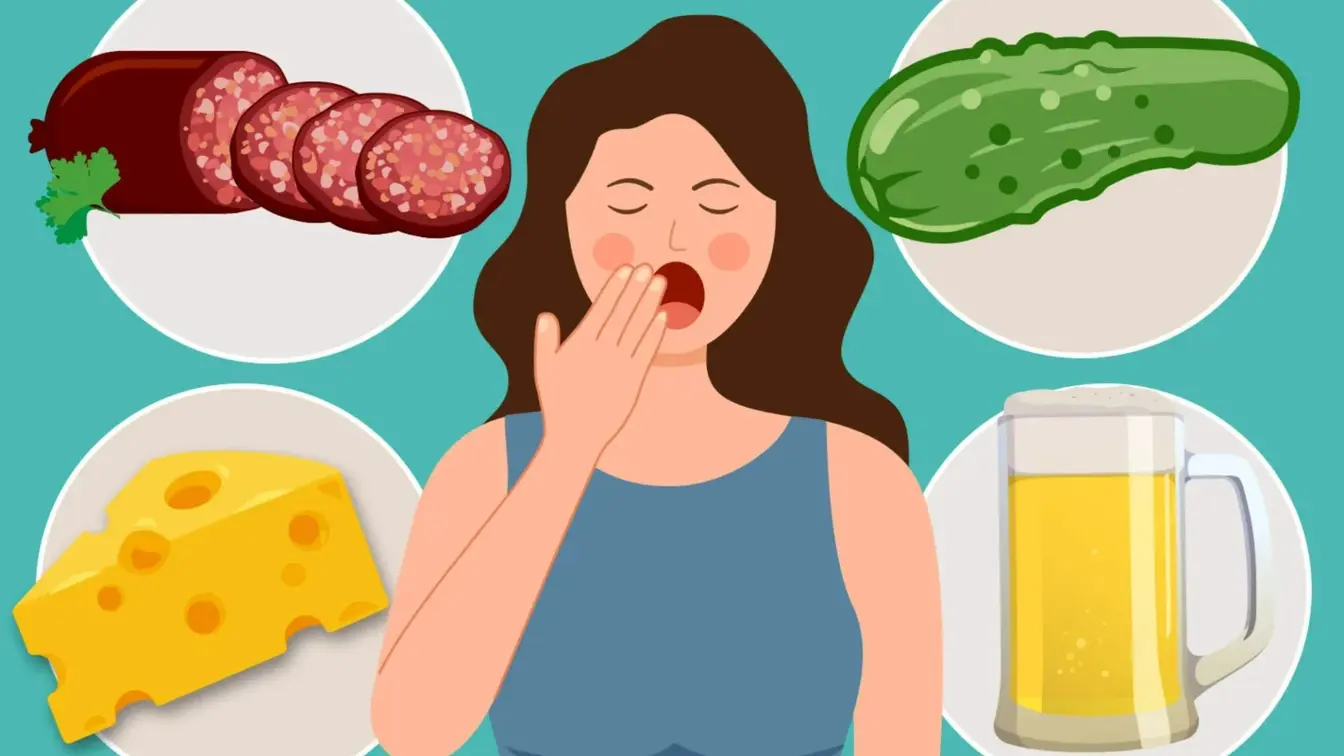T4K3.news
Blood markers tied to daytime sleepiness
New study links seven blood metabolites to excessive daytime sleepiness and highlights diet and hormones as possible influences.

A study connects seven blood metabolites to excessive daytime sleepiness and points to diet and hormones as influencing factors.
Blood molecules linked to daytime sleepiness point to diet and hormone roles
Mass General Brigham researchers have identified seven metabolites in the blood that are linked to excessive daytime sleepiness, based on data from about 6,000 participants in the Hispanic Community Health Study and Replication across other cohorts. The study measured 877 metabolites and used a sleep questionnaire to gauge daytime sleepiness, with replication in the Multi-Ethnic Study of Atherosclerosis and in data from the UK and Finland. They also found three metabolites that varied by sex. Diet appears to matter, as omega-3 and omega-6 fatty acids were associated with a lower risk of daytime sleepiness, while tyramine, found in fermented and overripe foods, linked to higher sleepiness in men. Hormonal factors, including sex steroid metabolites that relate to melatonin production, also showed associations with sleep-related processes.
Researchers acknowledge limitations, including relying on questionnaires instead of sleep lab tests and the challenge of interpreting exact metabolite values. They say the findings point to potential treatment targets and suggest that diet and hormones may influence daytime sleepiness, but clinical trials are needed to confirm whether dietary changes or supplements can reduce EDS. Lead author Tariq Faquih notes that a future clinical trial could test omega-3s and omega-6s obtained from the diet to see if they lower risk.
Key Takeaways
"Our study suggests diet and genetics may play an important role in EDS"
lead author Tariq Faquih on core finding
"Conducting a clinical trial would be a big next step and could help us understand if omega-3s and omega-6s obtained from diet could help lower risk of EDS"
Faquih on next steps
"As we learn what's happening biologically we are beginning to understand how and why EDS occurs"
author reflecting on implications
The study hints at a broader shift toward linking nutrition and sleep health. If diet can influence daytime sleepiness, doctors may need to consider dietary guidance as part of treating fatigue and metabolic risk. The use of diverse cohorts helps the findings travel beyond a single population, but metabolite science is still early, and results from questionnaires may not capture the full picture of sleep physiology. A cautious path forward is essential: more rigorous testing in sleep labs and controlled trials to confirm whether changing foods or supplements actually reduces daytime sleepiness and improves health outcomes.
Highlights
- Diet may shape how tired you feel in the day
- Omega fats could lower the risk of daytime sleepiness
- Tyramine in foods links to more sleepiness in men
- A clinical trial will test if diet changes can beat daytime sleepiness
The path from blood signals to daily energy is being mapped, but more proof is needed before dietary tweaks become standard guidance.
Enjoyed this? Let your friends know!
Related News

Scientists reveal causes of daytime sleep attacks

Diet linked to daytime sleepiness found in large study

Conch shell technique shows promise for sleep apnea

Conch shell breathing shown to ease sleep apnea in small study

Conch Shell Breathing Shows Promise for Sleep Apnea

Seven vegan juice blends promise skin glow

Surge in magnesium glycinate use as sleep aid

Seed oils are not harmful according to recent studies
